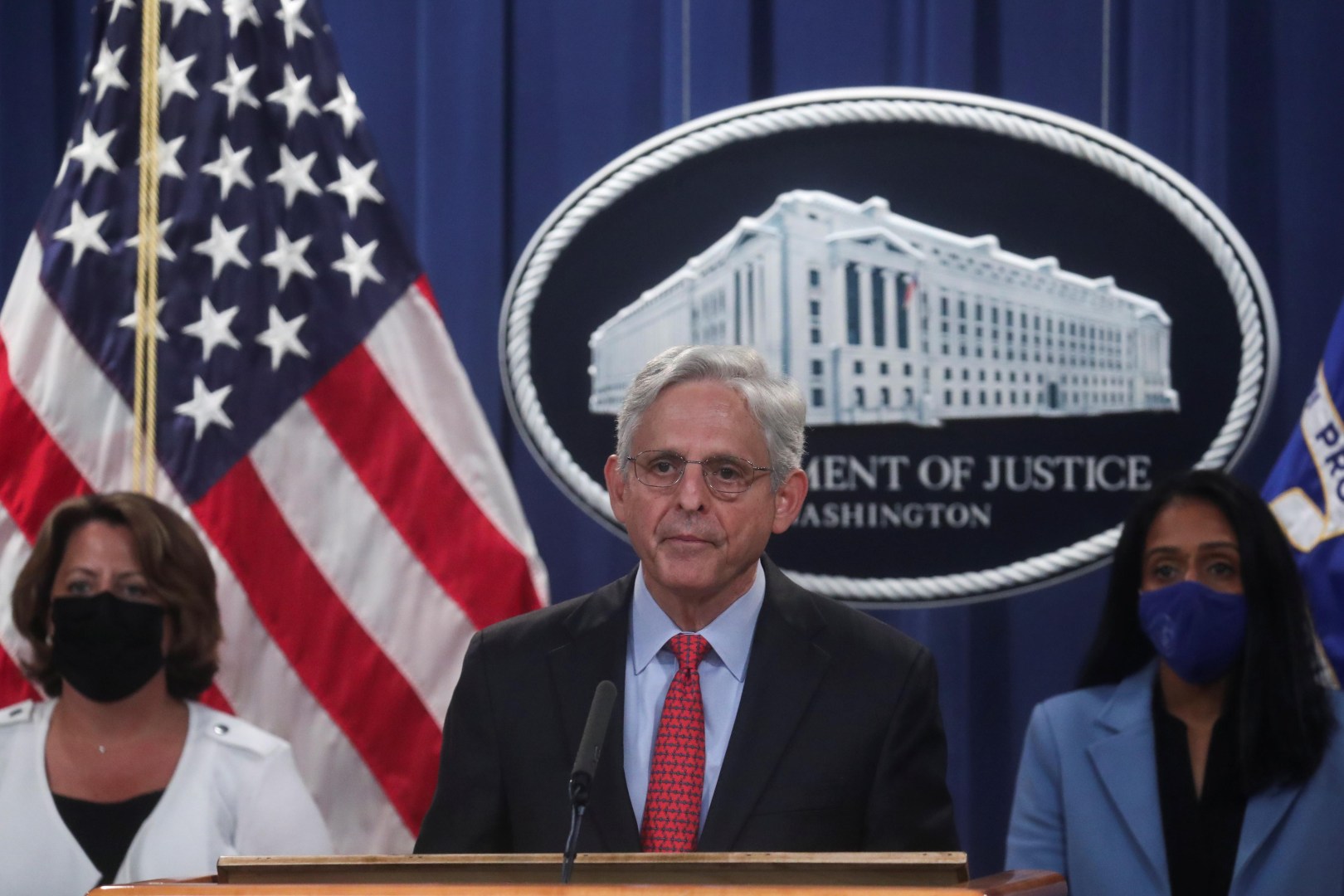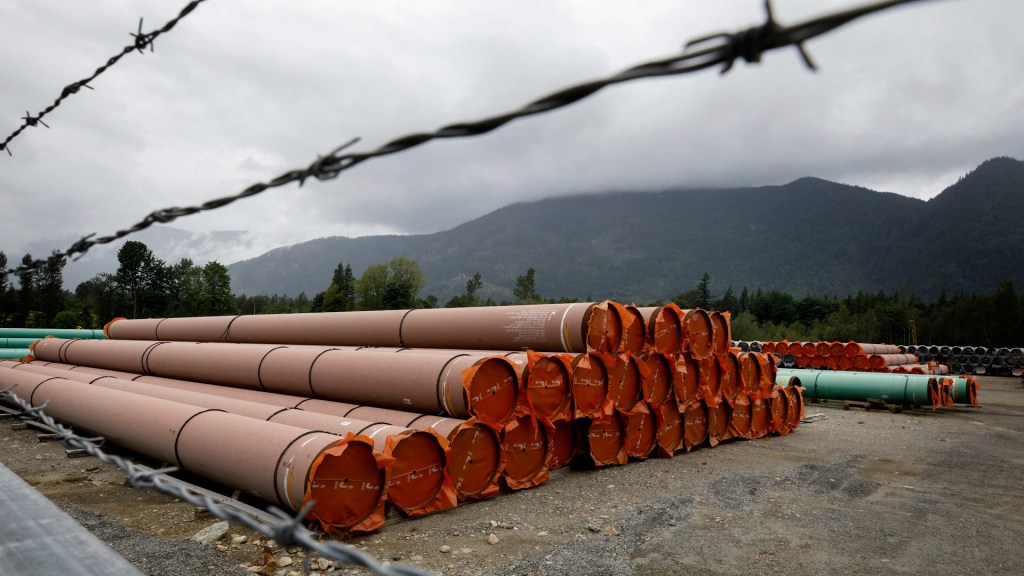
Merrick Garland, U.S. Attorney General: “Last week, after the Supreme Court allowed Texas Senate bill 8 to take effect, I said that the Justice Department was evaluating all options to protect the constitutional rights of women and other persons. Today, after a careful assessment of the facts and the law, the Justice Department has filed a lawsuit against the State of Texas. Our position is set out in detail in our complaint, its basis is as follows.”
“Texas does not dispute that its statute violates Supreme Court precedent. Instead, the statute includes an unprecedented scheme to, in the chief justice’s words, quote, insulate the state from responsibility, close quote. It does not rely on the state’s executive branch to enforce the law, as is the norm in Texas and everywhere else. Rather, the statute deputizes all private citizens without any showing of personal connection or injury to serve as bounty hunters, authorized to recover at least 10,000 dollars per claim from individuals who facilitate a woman’s exercise of her constitutional rights.”
“The obvious and expressly acknowledged intention of this statutory scheme is to prevent women from exercising their constitutional rights by thwarting judicial review for as long as possible. Thus far, the law has had its intended effect, because the statute makes it too risky for an abortion clinic to stay open, abortion providers have ceased providing services. This leaves women in Texas unable to exercise their constitutional rights and unable to obtain judicial review at the very moment they need it.”
“The United States also brings the suit to assert other federal interests that SB-8 unconstitutionally impairs. Among other things, S-B8 conflicts with federal law by prohibiting federal agencies from exercising their authorities and carrying out their responsibilities under federal laws relating to abortion services. It also subjects federal employees and non-governmental partners who implement those laws to civil liability and penalties.”
“The United States also seeks a permanent and preliminary injunction prohibiting enforcement of the statute against the state of Texas, including against the state’s officers, employees and agents and private parties it has effectively deputized who would bring suit under SB-8.”
“The Department of Justice has a duty to defend the Constitution of the United States and to uphold the rule of law. Today, we fulfill that duty by filing the lawsuit I have just described.”
“A risk here, the greater risk here, the additional and further risk here is that other states will follow similar models with respect not only to this constitutional right, but theoretically against any constitutional right and in any other state. So if another state uses the same kind of provisions to deprive citizens of their constitutional rights and in particular to deprive their citizens of the ability to seek immediate review, we will bring the same kind of lawsuit.”
“The Department of Justice does not file lawsuits based on pressure. We carefully evaluated the law and the facts, and this complaint expresses our view about the law and the facts.”






